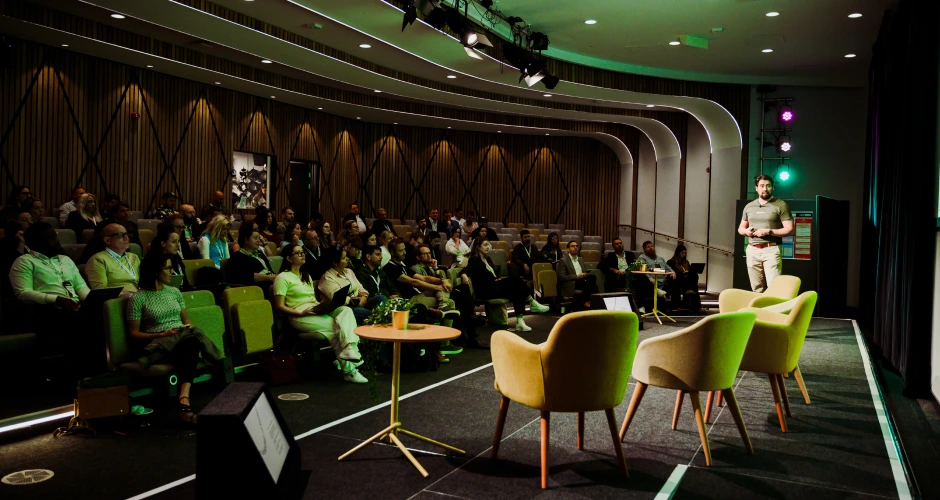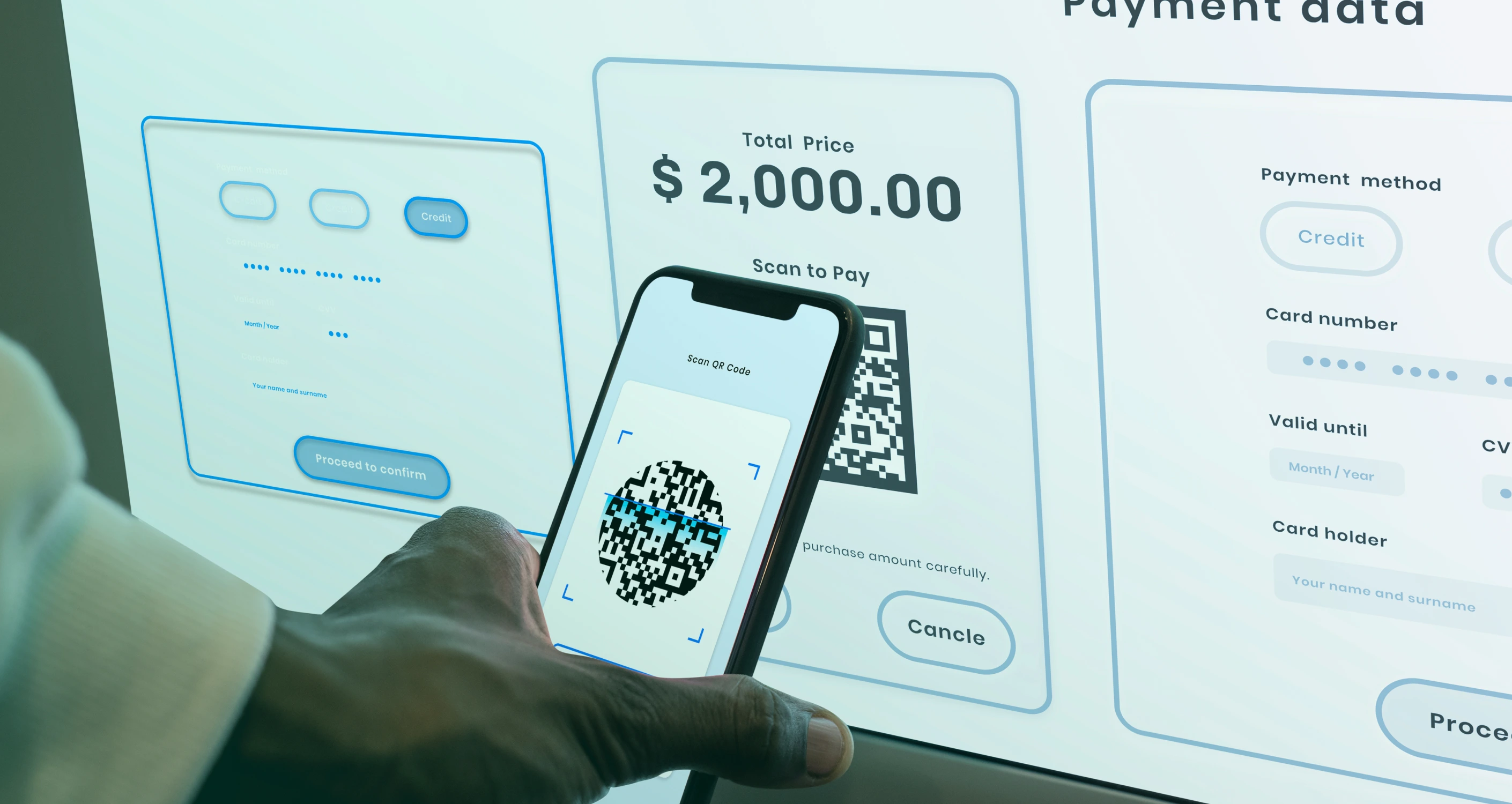There has been a lot of research conducted to gain insights on consumers' social media behaviour patterns. However, the social media landscape is a very fast paced environment, and changes in consumers’ behaviour are happening continuously. With the growing importance of social media, consumers perceive the use of different channels as an integral part of their daily lives. New research into social media behaviour has now revealed that Twitter and Facebook users fall into 12 different social media personality types. This is quite interesting and the personality types are more than worth looking at in further detail (The Drum).
PERSONALITY TYPES
- The Ultras – This personality type is obsessed with Facebook or Twitter, checking news feeds very regularly throughout the day. About 14% of Facebook users actually spend at least two hours per day on the network, which is very common among 18-24 year-olds.
- The Deniers – Very often, social media users deny the control social networks have on their lives. However, about 20% of Facebook users would feel anxious about the thought of deactivating their accounts and 17% felt the same about their Twitter accounts.
- The Dippers - This personality type uses their social media accounts infrequently, maybe only once every other day or even once per week. The time spent on Facebook and Twitter is also less than 30 minutes per visit.
- The Virgins – This type mainly consists of people that are new to social networks and may find it difficult to make full use of them.
- The Lurkers – This group mainly hides and rarely participates in social media conversations. On Facebook, 45% of users see themselves more as observers and on Twitter 39% also choose to observe rather than actively engage in conversations.
- Peacock – This personality type is competitive on Facebook and Twitter to get more friends and likes of followers than their friends.
- The Ranters – This group is highly opinionated online on Facebook and Twitter and use the opportunities of the networks as in real live, they are not that opinionated.
- The Ghosts – This social media personality uses fake names in order to stay anonymous, providing only little or no information about themselves for security reasons.
- Changelings – This group, about 5% of Facebook and Twitter users adopt entirely different personalities online as nobody will know about their real live identity.
- The Quizzers – This group of Facebook and Twitter users is actively asking questions on their networks instead of only posting updates or messages.
- The Informers – 22% of Facebook users and 20% of Twitter users share information and links of interesting things with their friends and followers.
- The Approval-seekers – This group of social network users worries a lot about the feedback they will get when posting, commenting or tweeting information. For them there is a close link between endorsement on social media channels and popularity.
IMPLICATIONS FOR TOURISM
A lot of social media users will be a combination of some of these social media consumer personalities. On the two networks, Facebook and Twitter, some consumers will also have different consumer behaviour. Building and maintaining relationships online through social media networks is becoming increasingly different to real live relationships. For tourism organisations and destinations, this is an important fact to consider, as people tend to behave in a variety of ways on social media channels. Getting to know people and identifying the consumer behaviour of potential target groups on Facebook and Twitter is crucial but it is also difficult to establish. However, businesses that know the behaviour of their followers will certainly benefit and ensure to have a more efficient social media strategy.




.svg)











.webp)



.webp)
